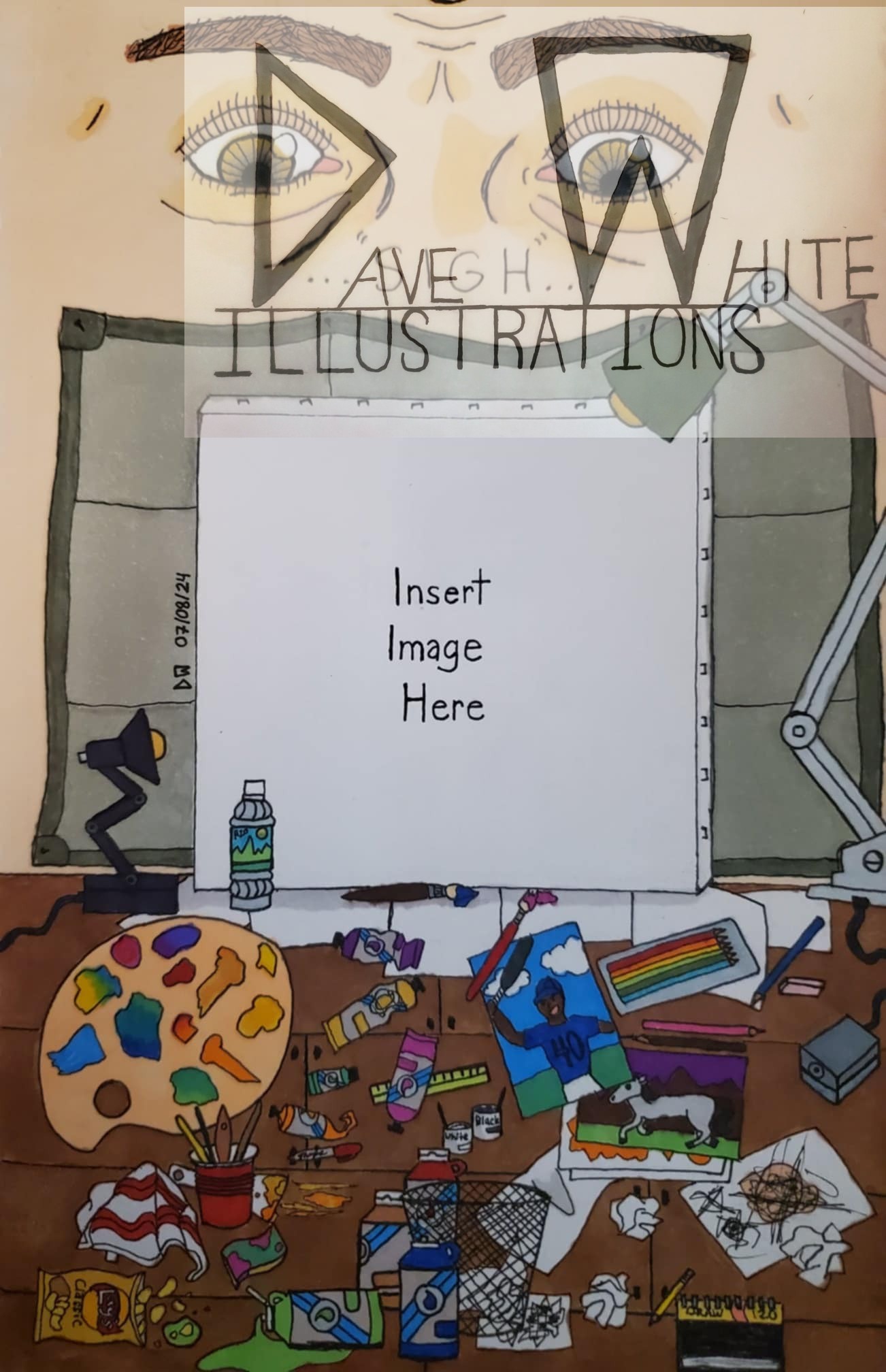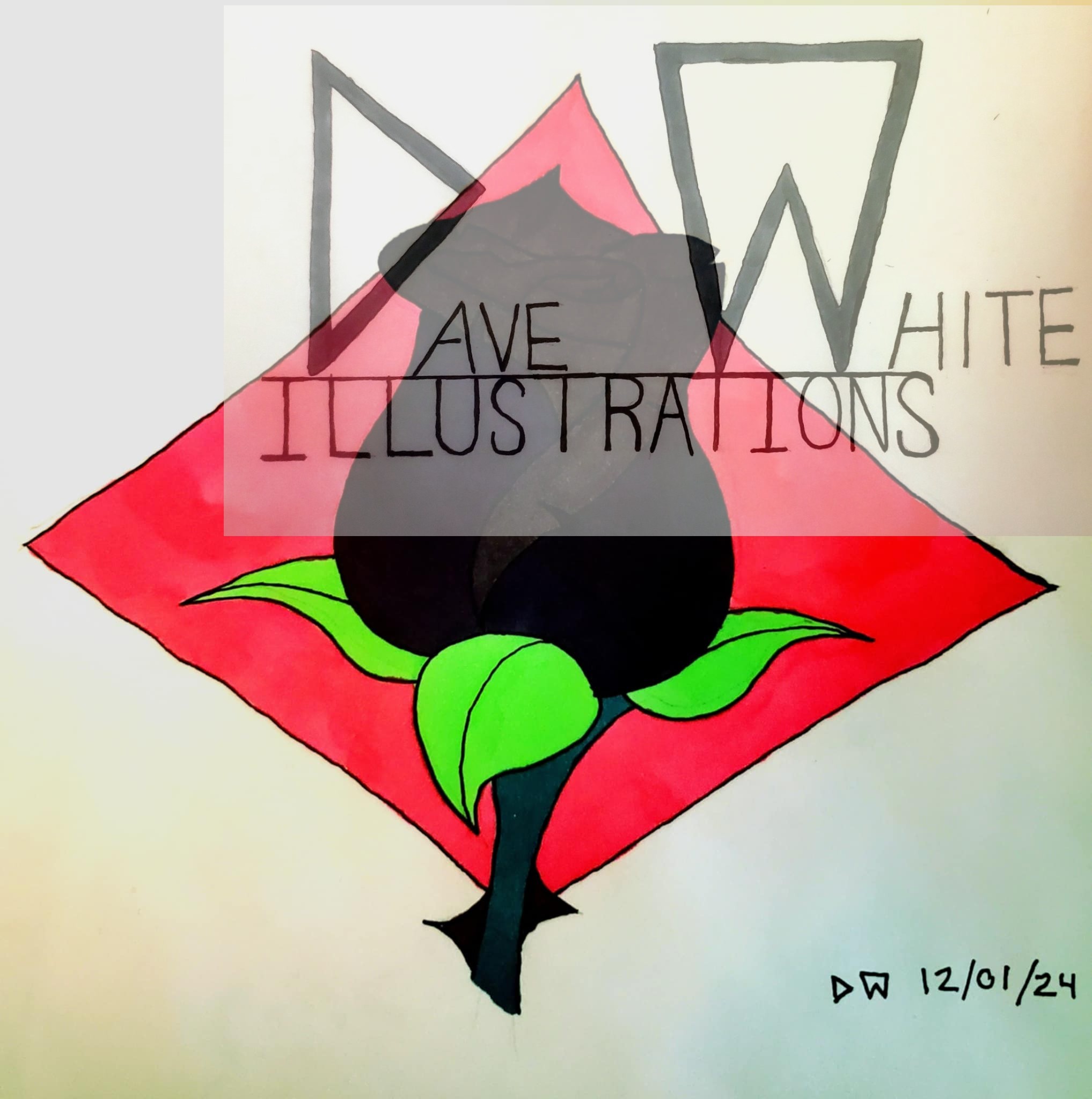Coping with Anxiety
Anxiety isn’t just worry. It’s the pounding in your chest when everything is quiet. The racing thoughts that keep you up at night. The fear of losing control when no one else can see the storm building inside.
We often minimize anxiety, brush it off with, “I’m just stressed,” or “I need to get it together.” But the truth is—anxiety is real, valid, and deeply human. At Poetic Bipolar Mind, we embrace the discomfort of anxiety with compassion, not shame.
Healing doesn’t mean silencing the storm—it means learning how to sail through it. It means grounding yourself with deep breaths when your mind spirals. It means naming what you feel, without judgment. It means choosing to rest, not because you’re lazy, but because your body and mind are crying out for safety.
Start small. Anchor yourself in the present. Try five deep breaths. Feel your feet on the ground. Hold something warm in your hands. Say your name out loud. You are not your thoughts. You are the space that holds them.
There is no shame in being overwhelmed. There is courage in facing the tide.
“You don’t have to control your thoughts. You just have to stop letting them control you.” — Dan Millman
Healing begins in the moment you choose gentleness over pressure, awareness over panic, presence over perfection.




Leave a Reply